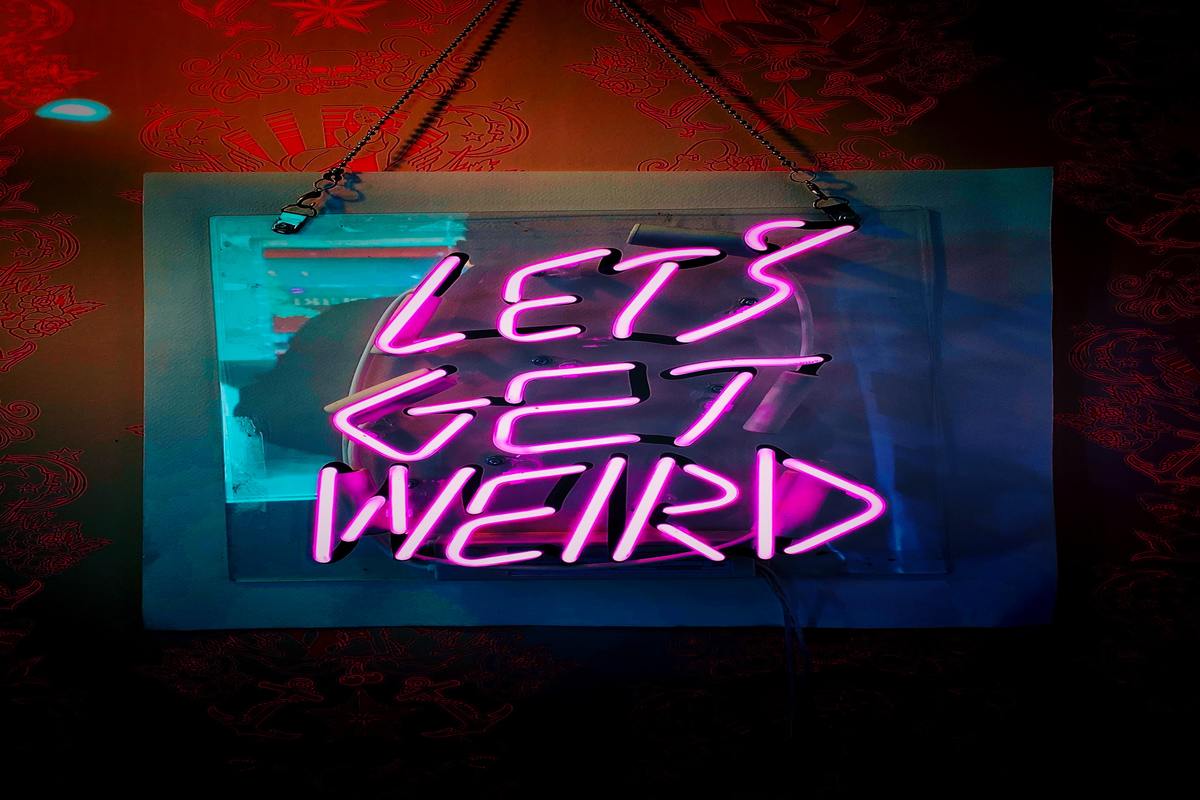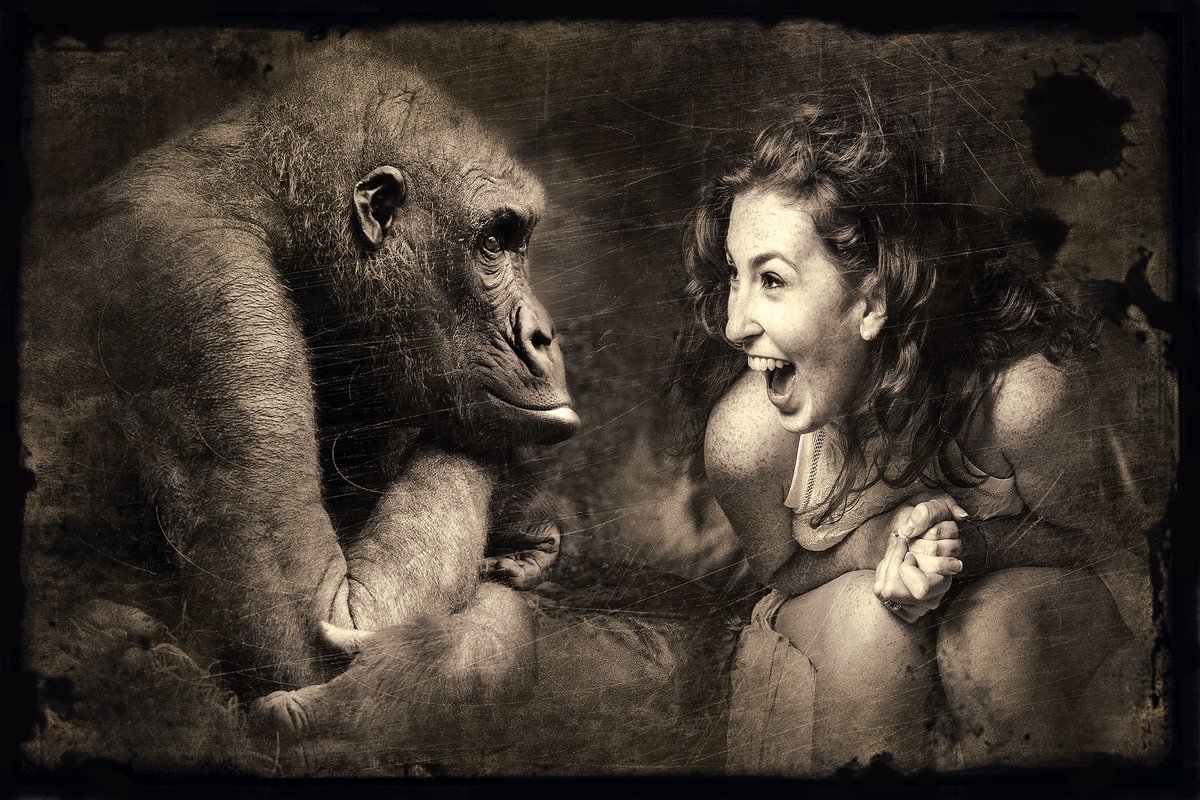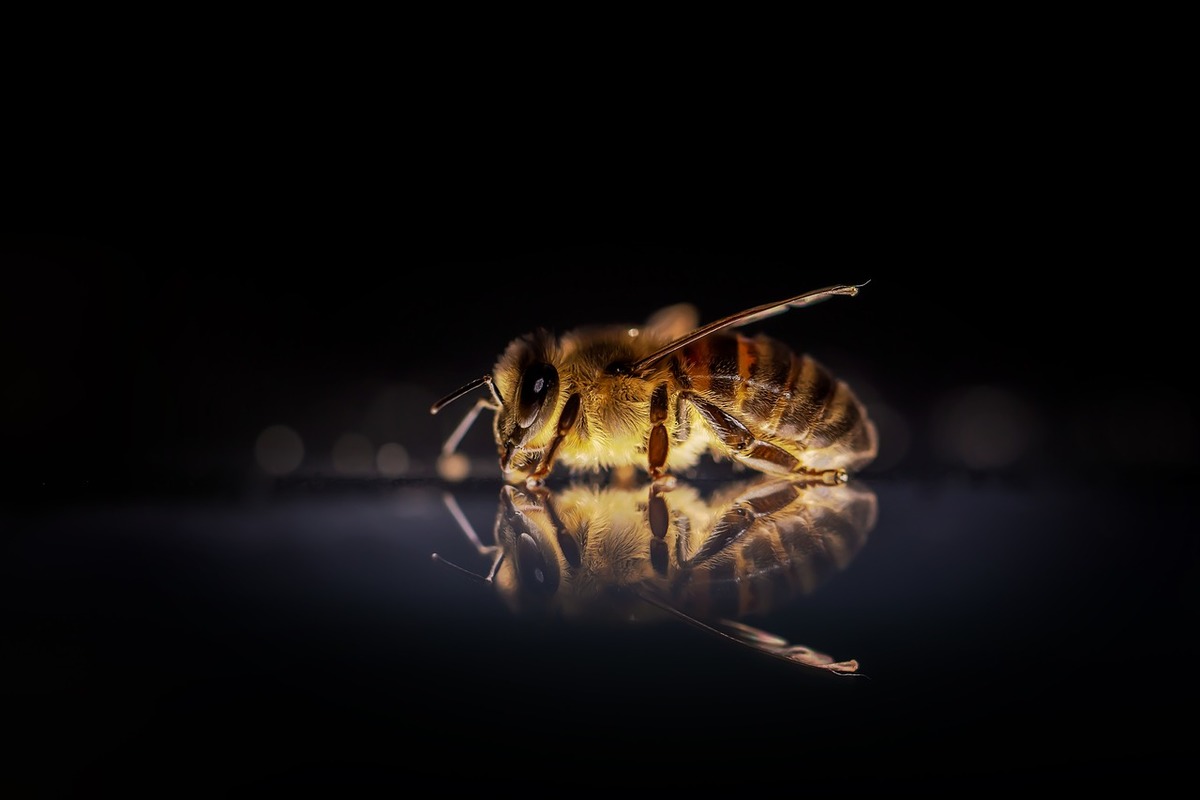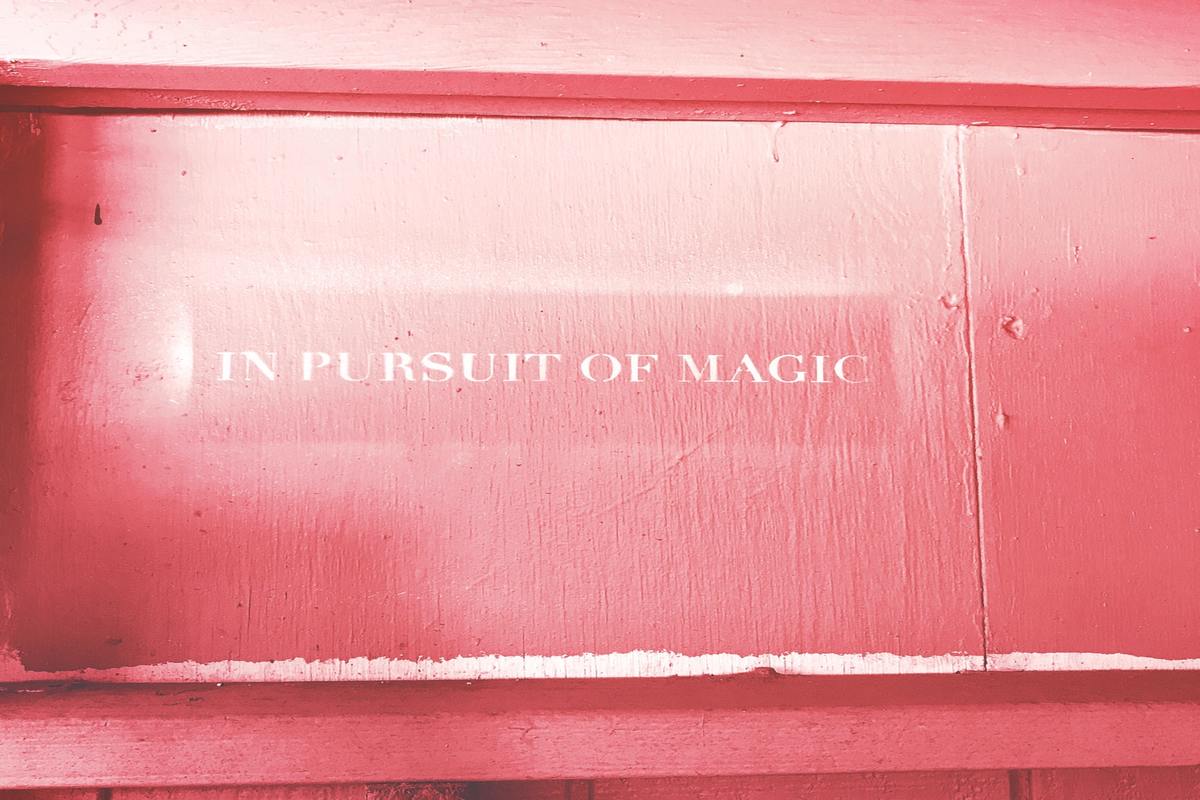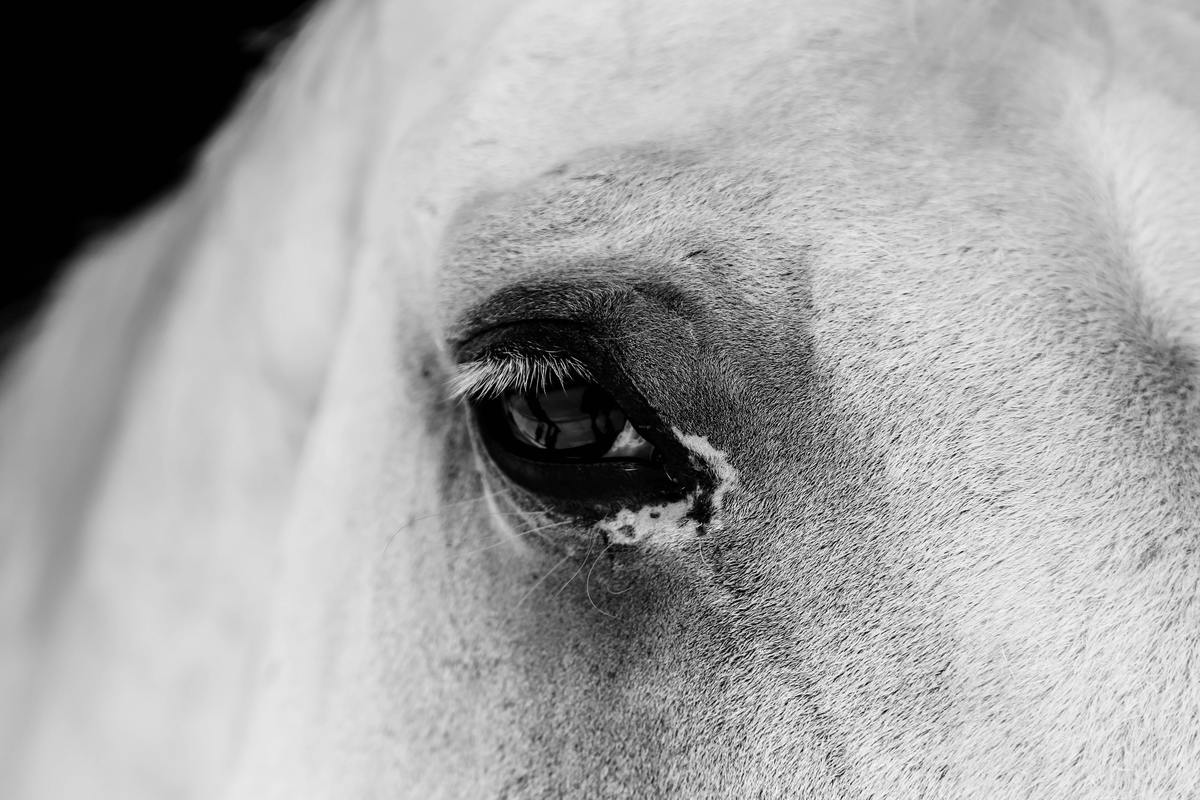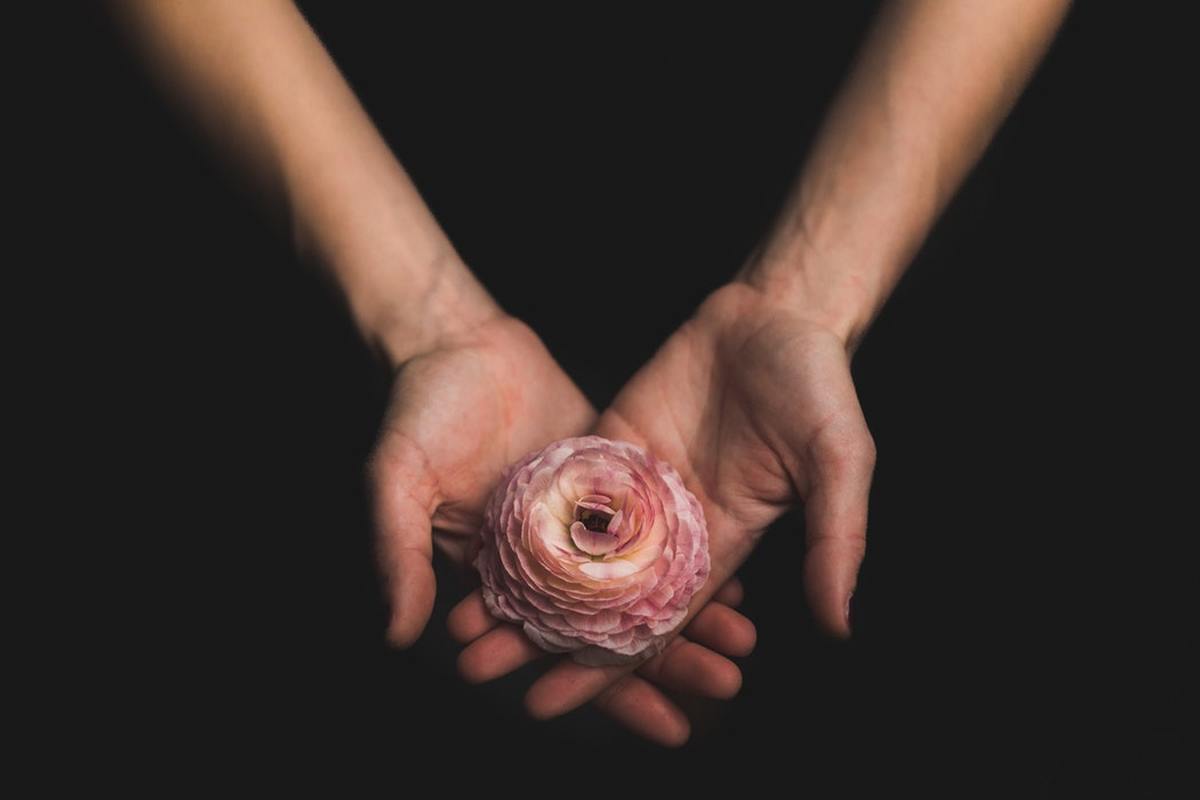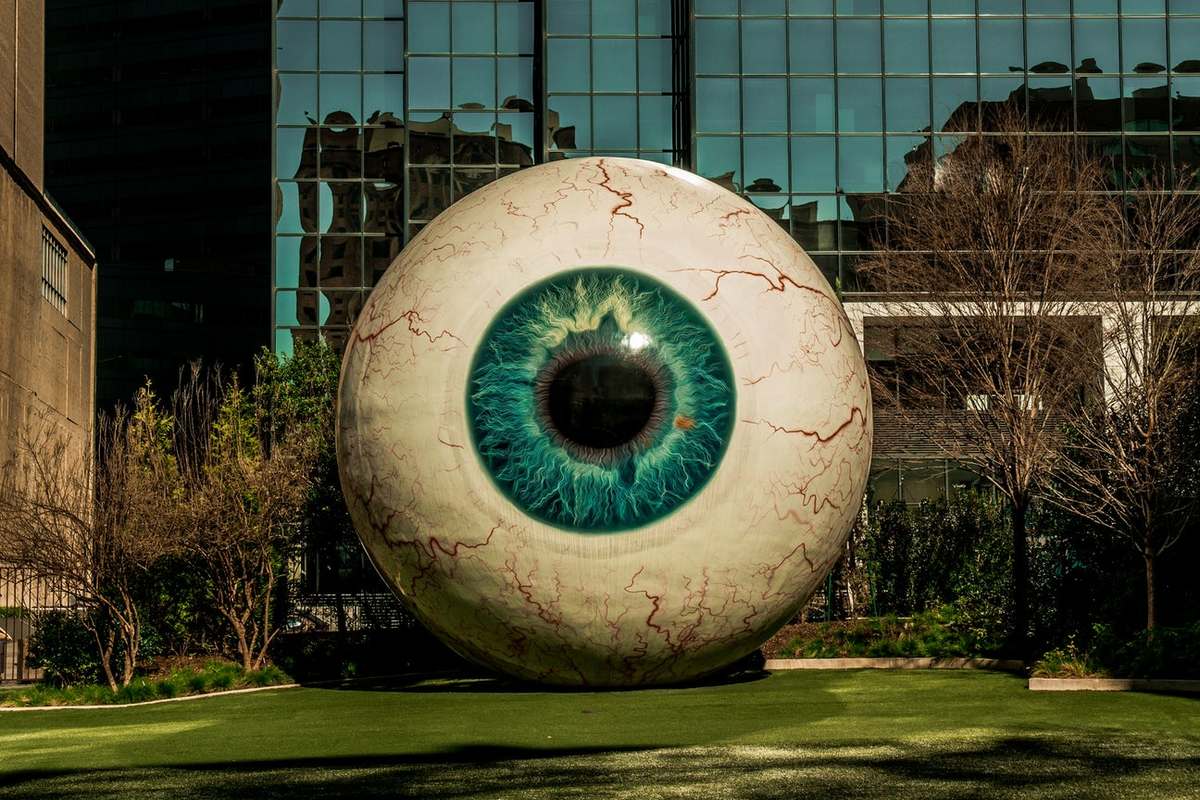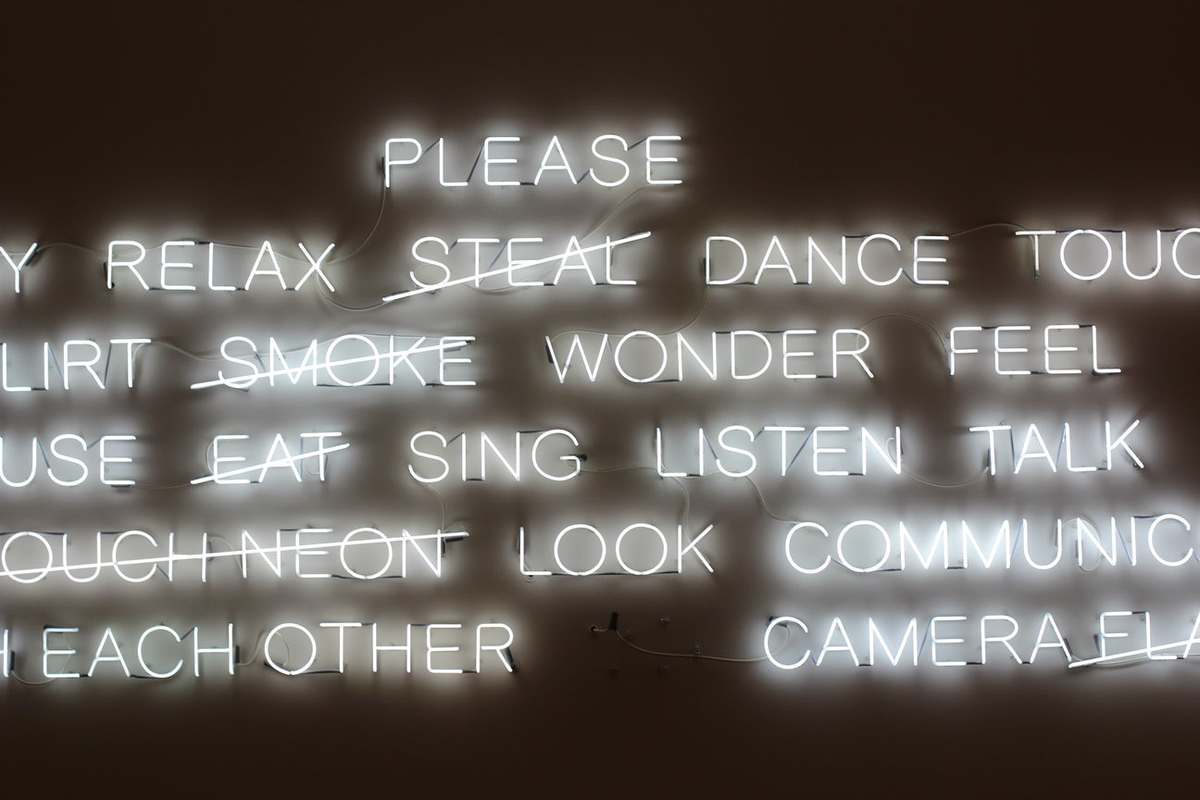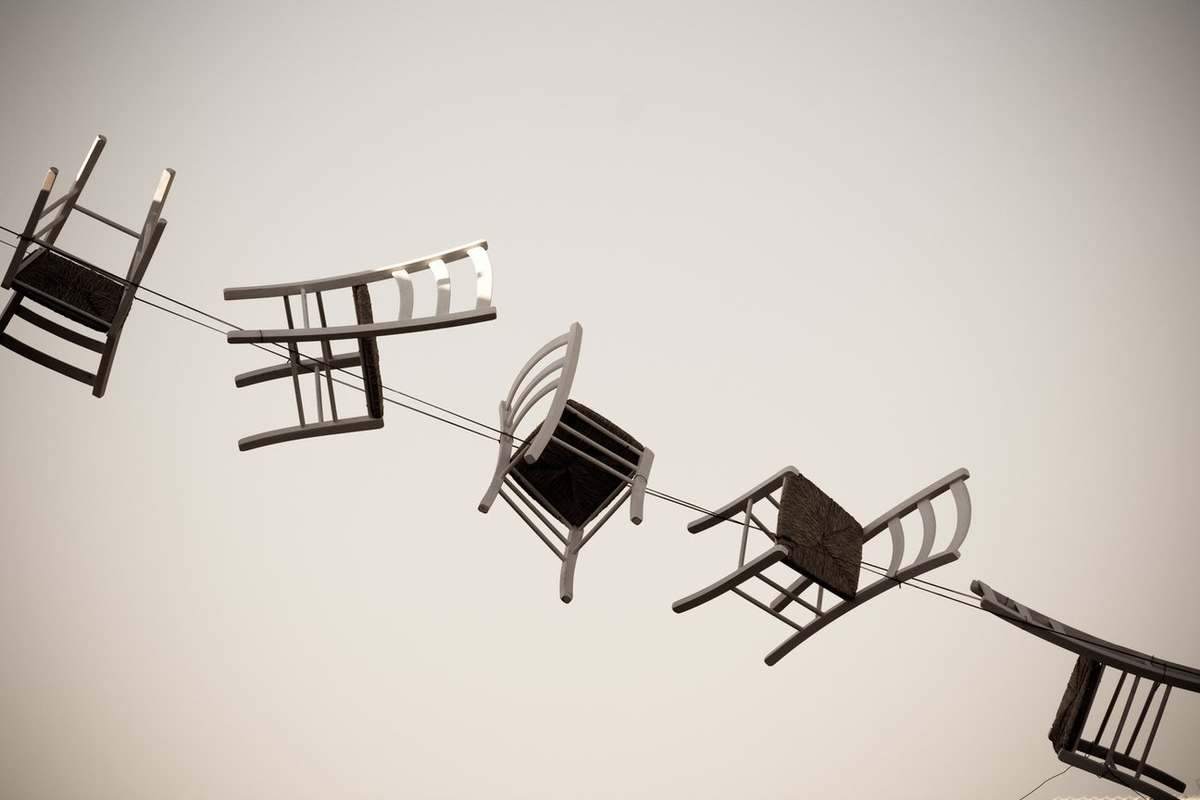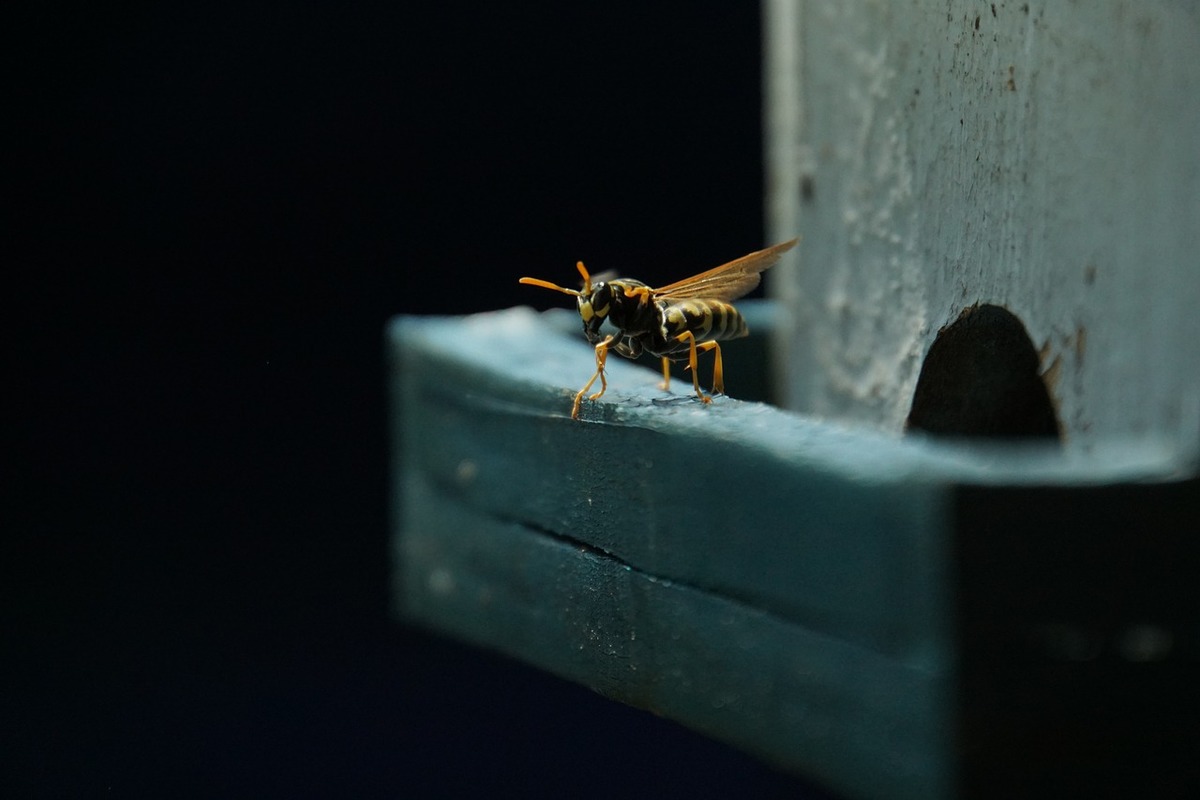As a child, my backyard was alive and overgrown in the springtime. A large forsythia bush blossomed into thousands of tiny yellow flowers. I would pluck a few blooms of sunshine, hold them gently in my palm, and climb the branches of my dogwood tree. Up in the canopy, I would sit with the forsythia… Continue reading Rediscovering Magic Through Form in Fairy Tales
by E.E. Jacobs
Category: Craft
Rediscovering Magic Through Form in Fairy Tales
The Hard Science of Sci-Fi
by Dexter Loken
[av_hr class=’custom’ height=’50’ shadow=’no-shadow’ position=’center’ custom_border=’av-border-fat’ custom_width=’100%’ custom_border_color=’#339999′ custom_margin_top=’30px’ custom_margin_bottom=’30px’ icon_select=’no’ custom_icon_color=” icon=’ue808′ font=’entypo-fontello’ admin_preview_bg=”] So you want to know how to write a believable sci-fi, eh? First: Know your shit. Dexter’s Dictionary defines this as “an understanding of the nuances surrounding the topic you wish to discuss.” This can be said about every aspect… Continue reading The Hard Science of Sci-Fi
by Dexter Loken
Ross Gay’s Book of Delights and Jericho Parms’ Craft Module: Forms of Joy
by Sara Stancliffe
[av_hr class=’custom’ height=’50’ shadow=’no-shadow’ position=’center’ custom_border=’av-border-fat’ custom_width=’100%’ custom_border_color=’#339999′ custom_margin_top=’30px’ custom_margin_bottom=’30px’ icon_select=’no’ custom_icon_color=” icon=’ue808′ font=’entypo-fontello’ admin_preview_bg=”] Ross Gay seems like a pretty delightful guy. Just watch any video of his poetry readings or his interviews, and you’ll see. His face is disproportionately made up of smile, and despite his tall frame, he exudes a warm approachability. Then go… Continue reading Ross Gay’s Book of Delights and Jericho Parms’ Craft Module: Forms of Joy
by Sara Stancliffe
The Making of a Monster: A Craft Analysis of Joker
by Noni Salma
[av_hr class=’custom’ height=’50’ shadow=’no-shadow’ position=’center’ custom_border=’av-border-fat’ custom_width=’100%’ custom_border_color=’#339999′ custom_margin_top=’30px’ custom_margin_bottom=’30px’ icon_select=’no’ custom_icon_color=” icon=’ue808′ font=’entypo-fontello’ admin_preview_bg=”] From the first frame, it becomes quite clear that Todd Phillip’s Joker won’t be an easy watch; we dolly in slowly on what looks like a male clown-for-hire, mid-construction. He stops in the middle of it to grin in the… Continue reading The Making of a Monster: A Craft Analysis of Joker
by Noni Salma
How Humor Can Help Us Face Difficult Times:
Life Lessons Learned from the Craft of Comedy and Satire
Philip Shackleton
[av_hr class=’custom’ height=’50’ shadow=’no-shadow’ position=’center’ custom_border=’av-border-fat’ custom_width=’100%’ custom_border_color=’#339999′ custom_margin_top=’30px’ custom_margin_bottom=’30px’ icon_select=’no’ custom_icon_color=” icon=’ue808′ font=’entypo-fontello’ admin_preview_bg=”] At the age of thirty-two I started to lose weight quickly. I have never been overweight, so this became a serious issue. In less than a year I’d dropped to under a hundred and thirty-five pounds. I am over six… Continue reading How Humor Can Help Us Face Difficult Times:
Life Lessons Learned from the Craft of Comedy and Satire
Philip Shackleton
Show & Tell: Making Body Language Work for Your Story
Molly Martin
[av_hr class=’custom’ height=’50’ shadow=’no-shadow’ position=’center’ custom_border=’av-border-fat’ custom_width=’100%’ custom_border_color=’#339999′ custom_margin_top=’30px’ custom_margin_bottom=’30px’ icon_select=’no’ custom_icon_color=” icon=’ue808′ font=’entypo-fontello’ admin_preview_bg=”] Most writers are familiar with the advice, “Show, don’t tell.” It is as simple as it is vague and like many aphorisms, it’s largely not practical or useful on a daily basis. A quick word on telling—there are numerous places… Continue reading Show & Tell: Making Body Language Work for Your Story
Molly Martin
Giving a Sexist Character Texture
by Ukamaka Olisakwe
[av_hr class=’custom’ height=’50’ shadow=’no-shadow’ position=’center’ custom_border=’av-border-fat’ custom_width=’100%’ custom_border_color=’#339999′ custom_margin_top=’30px’ custom_margin_bottom=’30px’ icon_select=’no’ custom_icon_color=” icon=’ue808′ font=’entypo-fontello’ admin_preview_bg=”] My favorite male character is Okonkwo in Chinua Achebe’s Things Fall Apart. He values manliness, and this often is synonymous to violence. He abhors everything his late father Unoka stood for: gentleness, love for music, showing emotion, idleness. And… Continue reading Giving a Sexist Character Texture
by Ukamaka Olisakwe
Writing Off the Page
Andrea Rothman
I live in the North Shore of Long Island, the setting of F. Scott Fitzgerald’s The Great Gatsby. In theory, the bucolic landscape of sea grass, lush trees, and glittering water that surround me should provide the ideal framework for my fiction writing. But as a mother of seven-year-old twins with a household to manage,… Continue reading Writing Off the Page
Andrea Rothman
On Revision: Pulling Up Widows
Pam Houston
One of my primary goals in writing Contents May Have Shifted was to make a book in which each of my sentences worked harder than they ever had before. I was brought up in the post-Raymond Carver school of compression, and I still believe the poets are the real wizards…
The Art of Interviewing
Josh Dudley
The best interviews come out of passion for the interviewee and their craft. You are providing a conduit for them to expand or reach their fan base, and the best way to do that is to be a fan yourself.
Pain is Not the Only Thing
J.C. Lillis
If you catch yourself thinking your evolution as a writer depends on an obligatory descent into darkness, then stop that shit, ‘cause that’s the Gremlin talking.
The Story That Chooses You
Jennifer Kathleen Gibbons
What I’ve learned through writing about Suzie is that stories sometimes choose writers. If something interests you, you should write about it. I still believe this is true. For me, this was the story I had to write.
A Loaded Gun: Hunting My Elusive Book
Rona Maynard
For a couple of months I’d been lost in the metaphorical woods with my writing. The prize, my second book, circled out of my view like a fleet-footed creature of the night.
Sympathetic Magic
Annah Browning
This magic is also called the magic of correspondence or contagion — the properties of one thing leaping to another.In folk medicines around the world, it shows up in what has been called the doctrine of signatures…
What a Lonely Youth with Robots Taught Me: MST3K and Storytelling
Amy E. O’Neal
We are literary. We produce literary fiction for literary people. That is why it’s paramount that we expose ourselves and our work to the same ruthless mockery as the saddest of Z-grade films.
Writing First-Personal Journalism About Trauma
Gina Tron
Are you going to write about every trauma in your life? No! Life is ridden with traumatic events. That’s part of living. But in some cases, writing about personal trauma is a powerful way to make a point.
Scratch That Curiosity Itch
Tierney Ray
I have never committed murder. Nor have I ever been at a murder scene with police, forensics, and medical examiners gathering evidence. But I know how to write that scene. So do you.
Giving In
Rebecca Lawton
So it goes with writing and birding. You try to find a sapsucker, but stumble up on a tiny jewel of a hummingbird. You persist and strive despite a robin showing you the insanity of ignoring results.
When the Cake is Baked
Susan Browne
I had to find a way to diffuse these tense and often unbearable situations. One day while discussing a student’s poem, I blurted out, “Hey, the cake isn’t baked yet.”
When Prose Turns to Horses, Remember the Humans
Lisa Romeo
Any horse I made notes about, any horse for which I gathered stats and records, or any horse I got close to so as to describe him or her, was always seen in context of its human counterparts.
What Being “Willing to Fail” Really Means
by Hillary Rettig
It might seem paradoxical or even impossible to embrace a low-stakes mindset about your important work, but it is very doable, and gets easier with practice.
How Not to Not Be Funny
Ryan Kriger
Humor is just one of many tools in the writer’s toolbox, and funny for funny’s sake is nice, but if it doesn’t contribute to what you’re trying to accomplish…
Where I Find Myself
P.E. Garcia
I’m in Philadelphia, on my couch, next to my dog. I’m trying to write nonfiction. I have published some fiction, so I think of myself as a fiction writer. I have published some poetry, so sometimes I think of myself as a poet. I have published a few essays, but I have never….
Writing the 30th Gate
Caitlyn Renee Miller
This past summer my husband, Derek, and I spent seven weeks in Mexico, where he took immersive Spanish classes, and I holed up in our rented apartment finalizing some contracted writing projects. I also spent my days trying to learn….
Healthy Silence
Heather Sharfeddin
Clint McCown, one of my graduate professors, once said, “The literary artist writes to tame an unquiet heart.” I was newly diagnosed with Celiac disease when I first heard those words. The decades leading up to my diagnosis were filled with chronic bone pain and insomnia, the latter of which I parlayed into writing. What else could I do at 1:00 AM, staring down the darkness with no hope of sleep?
Favorite First Lines
For the “Firsts” issue we reached out through social media and asked our Hunger Mountain friends to share their favorite first lines of literature. Here are a few of them.
Beginning Horton Halfpott
Tom Angleberger
Here we have the story of two ways to open a book.
7 Ways to Seduce Your Reader
That’s what you, dear writer, must do. Whether novel, short story, memoir, or essay, all prose openings must seduce your reader to keep reading, an increasingly difficult task in our world of constant distraction. You must make your reader fall in love.
Love at First Sight: Agents and Editors on Irresistible Beginnings
Q Lindsey Barrett
As assistant fiction editor at Hunger Mountain I read a lot of fiction submissions, and sometimes writers ask what I’m looking for in a piece of fiction. The simple answer is that I’m looking to fall in love. We all feel this way, all the HM editors: we love to fall in love with your… Continue reading Love at First Sight: Agents and Editors on Irresistible Beginnings
Q Lindsey Barrett
Gratitude from Country Mouse
Tamara Ellis Smith
I feel a sense of gratitude for where I live. I am well connected to this feeling; it is right on the surface where I can find it and touch it easily, but it is also deeply inside of me in a place where I can feel it in my bones. But if someone had asked me a year ago—before Sharry and I began writing our blog, Kissing the Earth—why I feel this gratitude, I would have been at a loss for words.
On Material: Art + Blueprint
For me, a prompt makes creating new work easier and a deadline makes finishing possible. So I incorporated both when I created SPARK, a quarterly project for writers, artists, and musicians, who get ten days to create something new, using another person’s work as inspiration. I administer the project, but I also participate, and I use each round as an opportunity to play with process.
The Potential of the Peripheral: Secondary Characters in Jane Smiley’s The Age of Grief
by Robin Black
[av_hr class=’custom’ height=’50’ shadow=’no-shadow’ position=’center’ custom_border=’av-border-fat’ custom_width=’100%’ custom_border_color=’#339999′ custom_margin_top=’30px’ custom_margin_bottom=’30px’ icon_select=’no’ custom_icon_color=” icon=’ue808′ font=’entypo-fontello’ admin_preview_bg=”] INTRODUCTION1 Some years ago, toward the end of an hour-long class during which a group was workshopping one of my stories, someone in the room said, “I was just wondering, don’t these people ever run into anyone else? Don’t… Continue reading The Potential of the Peripheral: Secondary Characters in Jane Smiley’s The Age of Grief
by Robin Black
Flooded with Understanding
Tamara Ellis Smith
Flood water smells old. It smells like something decaying, like something that has been left out for too long, like a mix of oil and compost and mold. Flood silt is heavy. It sticks to everything it touches. A pair of blue jeans covered in it is almost too hard to carry. I know these things.
On Material: Writing Prompts
Prompts can be more than just a warm-up to the real writing; they can lead us to material in surprising ways. A dominant left brain can lead to over-thinking, playing it safe, and self-judging—all of which can block the creative right brain. Prompts help us loosen up and let go of control.
Out on the Bendy Branches
Lindsey Lane
Writing teachers often tell their students to “write what you know” because writers must learn to write clearly and authentically, and the best way to do that is to write about what they know. It’s a place to begin. It’s a place to grow from. It’s a place where we start to hone our facility with craft and voice.
Mad Men and the Writing Life
Sue Eisenfeld
Evening after evening of watching the creative process at work at Mad Men’s Sterling Cooper agency, I began reminiscing about all I had left behind.
Teaching, Writing, and the Practice of Illusion
Can we talk, not to be grandiose or anything, about truth? I don’t mean the kind of truth John Ruskin went on about in his architectural critiques, decrying flexible tracery as barbaric and making fearless leaps between such judgments and the virtue and enlightenment of man. Which pretty much, I would like to point out,… Continue reading Teaching, Writing, and the Practice of Illusion
Writing from Both Sides of the Brain
As writers, we spend a lot of time seeking the shy, elusive muse or avoiding the judgmental, overbearing inner critic. Julia Cameron, author of The Artist’s Way, calls her inner critic Nigel. She writes, “Like my Nigel, everyone’s critic has doubts, second thoughts, third thoughts. The critic analyzes everything to the point of extinction. Everything must always be groomed and manicured. Everything must measure up to some mysterious and elusive standard.”
Idiosyncratic Tone in the Novel
My novel is set in a time and place—1850’s west—that’s already solidly ingrained into the American consciousness as a mostly historically inaccurate and over-dramatized milieu. For three years, I spent enormous energy creating the historical details—believable characters, a rich sense of place, credible plot. All this realism came at a cost. My novel was missing… Continue reading Idiosyncratic Tone in the Novel
The Perks of Being Bipolar
Bobbie Pyron
Recently, I spoke at a benefit event I’d put together for my local animal rescue organization. I’d brought together five authors (including myself) who all wrote about and were inspired by their love for dogs. I told the audience how the idea burst into my mind two months before my book, A Dog’s Way Home, was due to be released.
On Rhythm: In Sentences
Rhythm is the foundation of good riding. Clint McCown told me, “The difference between bad writing and good writing is rhythm.” If I can control a horse’s rhythm, surely I can wrangle nouns and verbs.
On Poetry: Sine Waves
I’ve found that many contemporary lyric poems—though certainly not all—make interwoven use of three distinct elements: image, narrative, and rhetoric. Sometimes I think of the interaction between and amongst these elements as representing a sine wave or sinusoid. A sine wave looks like a regularized horizon of hills and valleys: first a hill, then a… Continue reading On Poetry: Sine Waves
I Craft, Therefore I Am: Creating Persona through Syntax and Style
Persona is the mask writers wear in their novels, short stories, poems, essays and memoirs. It is the artfully crafted or created “self” on the page. Poet Ezra Pound defined persona as a literary stand-in for the author’s voice. It is not the actual self or author; real lives can rarely be contained within the margins.
The Happy Ending Effect
Why do I write? Considering the odds of publishing, we have all asked ourselves that question at one time or another. If we haven’t, we should. When I set out to write a novel some ten or more years ago, I had a grand vision in mind, in which I would hit the New York… Continue reading The Happy Ending Effect
